Bird flu could have a ‘devastating impact’ on UK’s seabirds, RSPB warns
The conservation charity spoke out after the Farne Islands were closed to visitors following a serious outbreak.

An outbreak of a virulent form of bird flu is having a “devastating impact” on the UK’s seabirds, the RSPB has said.
The conservation charity spoke out amid concerns for the UK’s only roseate tern breeding colony, and separately, following the National Trust closing an important wildlife haven to human visitors.
Hundreds have died on Coquet Island, off the Northumberland coast, and the nearby Farne Islands, which are managed by the National Trust.
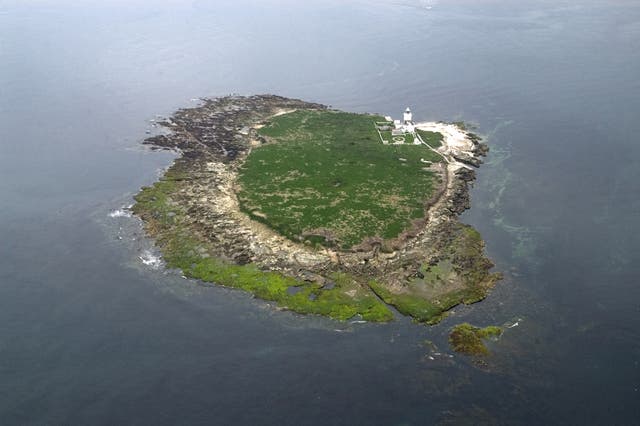
Jim Wardill, RSPB England operations director, said: “Bird flu is having a devastating impact on our seabirds – a population already under huge pressure from human impacts including climate change, lack of prey fish, deaths through entanglement in fishing gear and development pressure.
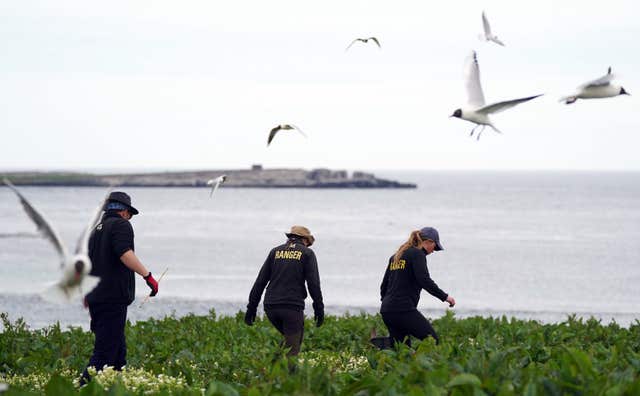
“It is vital to have a coordinated approach to surveillance and testing, disturbance minimisation and public messaging, along with a joined-up strategy regarding arrangements for the poultry sector.”
Coquet Island is home to around 160 pairs of roseate terns – the UK’s only breeding colony of the species which almost became extinct in the 19th century.
It is closed to the public, making it a haven for wildlife.
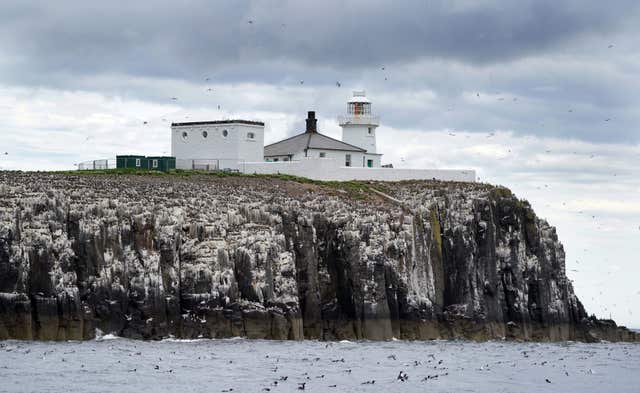
Around 45,000 people visit the islands on boat trips every year to take in views of up to 23 species, including 43,000 puffin pairs, as well as a large colony of grey seals.
The tourist trips out of Seahouses will continue, but visitors will no longer be allowed to land on the Farnes from Sunday.
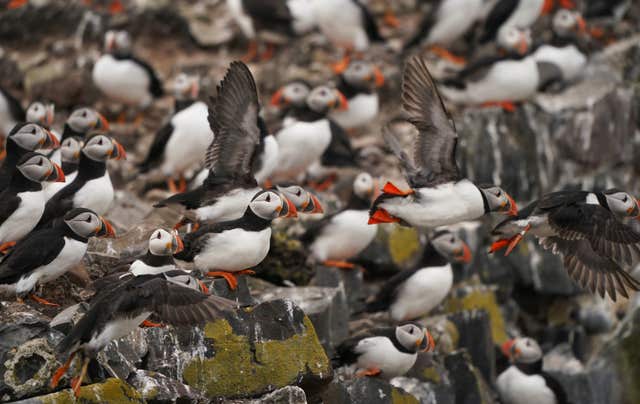
“Seabirds nesting in dense colonies, most of which are threatened, such as Arctic terns, are particularly vulnerable now as they have returned to the islands in their thousands to breed, nesting in close proximity to each other.
“Our ranger teams work tirelessly to monitor and protect these colonies but due to finding significant numbers of dead birds we simply have no other choice but to close the islands.
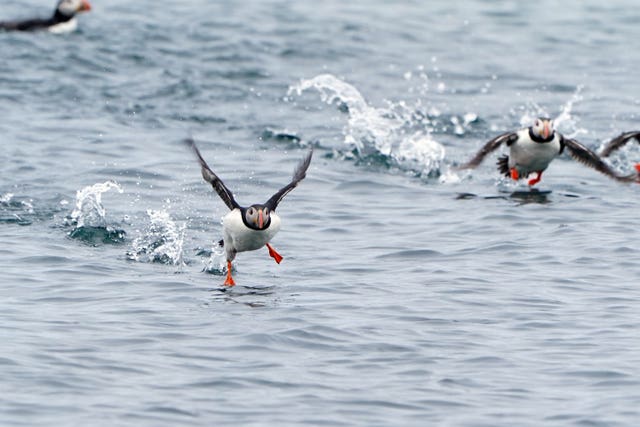
Ranger teams will remain on the islands to monitor the outbreak.
The UK Health Security Agency has advised that the risk to humans is very low, but people should not touch sick or dead birds.
If found, people should report any dead birds to Defra on 0345 9335577.





